The Montessori principles: the mind of children
The first six years of life are fundamental to the development of the human brain. Maria Montessori was one of the first scientists to observe and study this period of life with attention and consequently, she noticed the fundamental features of the mind of children at this age. Without a doubt, the construction of a human brain is an ongoing process highly affected by the quality of early experiences. The mind of children begins its development thanks to more than one million neural connections formed just in the first year of life. Out of these, only the ones used the most will survive while the rest will be lost. Moreover, in these first years, the plasticity and ability of the brain to change are at their peak. As years go by, the capacity of the brain to absorb new information decreases and slows down.
The absorbent mind
Maria Montessori defined the first six years of life as the “Absorbent Mind”. At this age, the mind of children effortlessly takes in everything the environment has to offer. During the first three years, the process happens unconsciously and with intention from 3 onwards. For instance, let’s think about walking. Hardly any adult has to teach a child how to stand up and walk. However, through observation, imitation and practice, children spontaneously learn how to do it. And even before then, they spend their time developing all the muscles, the sense of space and coordination required for such a complex task.
As Montessori said:
“We may admire an environment. We may remember an environment, but the child absorbs it into himself. He does not remember the things he sees. However, he forms with these things part of his psyche” M.M (2012).
To conclude, by knowing how the mind of children works, we can support their development in the best way. In the following paragraphs, we will explore some ideas of where we can start home.
The environment
Keeping in mind how deeply the outside world influences the development of children, it is necessary to create the best conditions so that they can develop positively. The environment supports their natural development when it responds to their overall needs, not just to the needs of their mind. In other words, children need attentive and emotionally present adults, capable of accepting their unique personalities and willing to guide them gently towards independence and self-actualization.
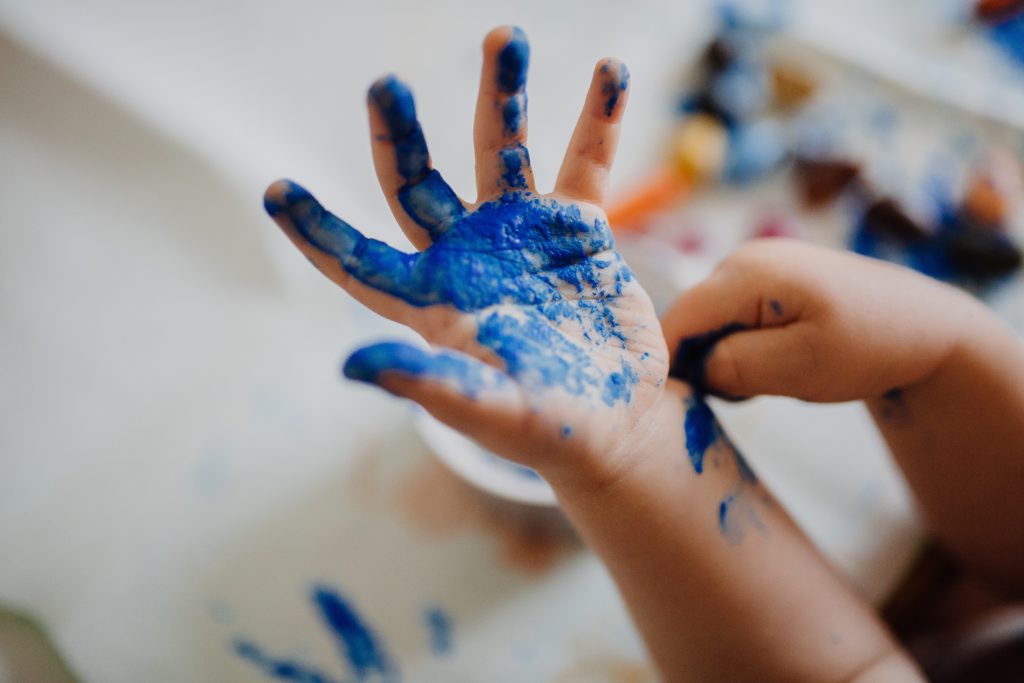
Learning by doing
Children learn better through direct interaction with the environment. Through their senses, they absorb new information that the brain process to make sense of the world. By giving children a chance to explore and find solutions independently and actively, adults support their natural curiosity and desire to learn. The family home and outdoor naturally offer opportunities to feel, touch and smell.
Movement
Montessori has a holistic approach to education. The physical development of children is just as important as the development of their mind and affects their cognitive, emotional and personal development. Hence, movement is one of the primary needs of children. It allows them to engage actively with the environment, explore, develop strength and confidence in their body. For example, if the house doesn’t give many opportunities for gross motor movement, consider how often you can take the children outside.
Independence
During the first three years of life, children are driven by the desire of becoming physically independent. They are born dependent but equipped with everything they need to detach from their prime carer. Adults can support them by gently offering opportunities to do things by themselves and scaffolding the skills necessary to complete everyday tasks. The family home gives plenty of opportunities to be independent, from self-care to looking after their toys and contribute to house chores.
“There is a vital force in every human being which leads them to make ever greater effort for the realization of individual potentialities. Our tendency is to realize them. Joy and interest will come when we can realize the potentialities that are within us”
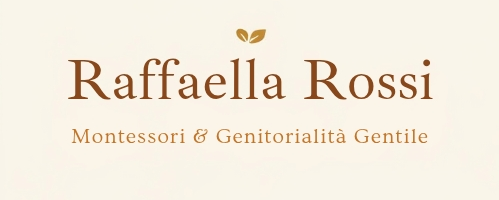
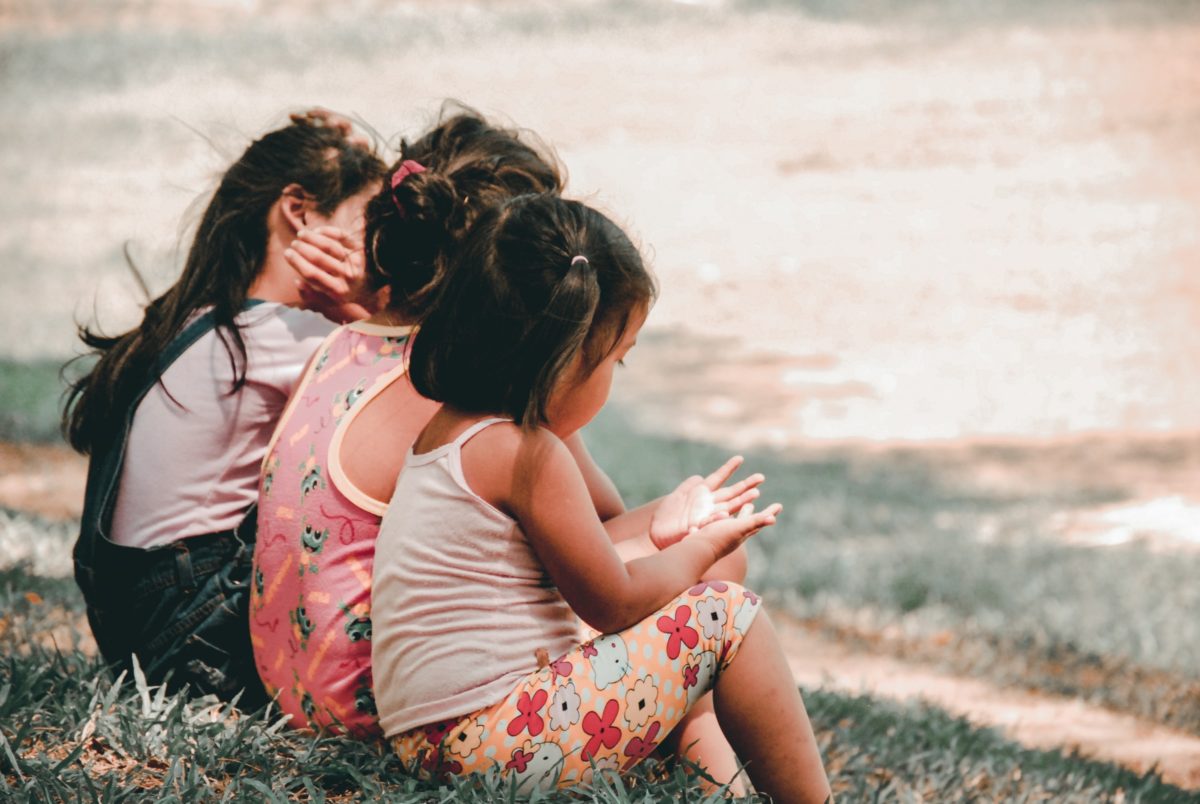
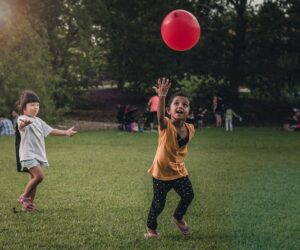


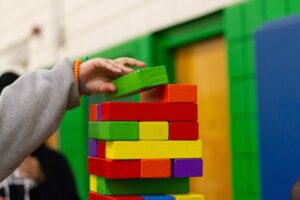
4 Comments
Comments are closed.